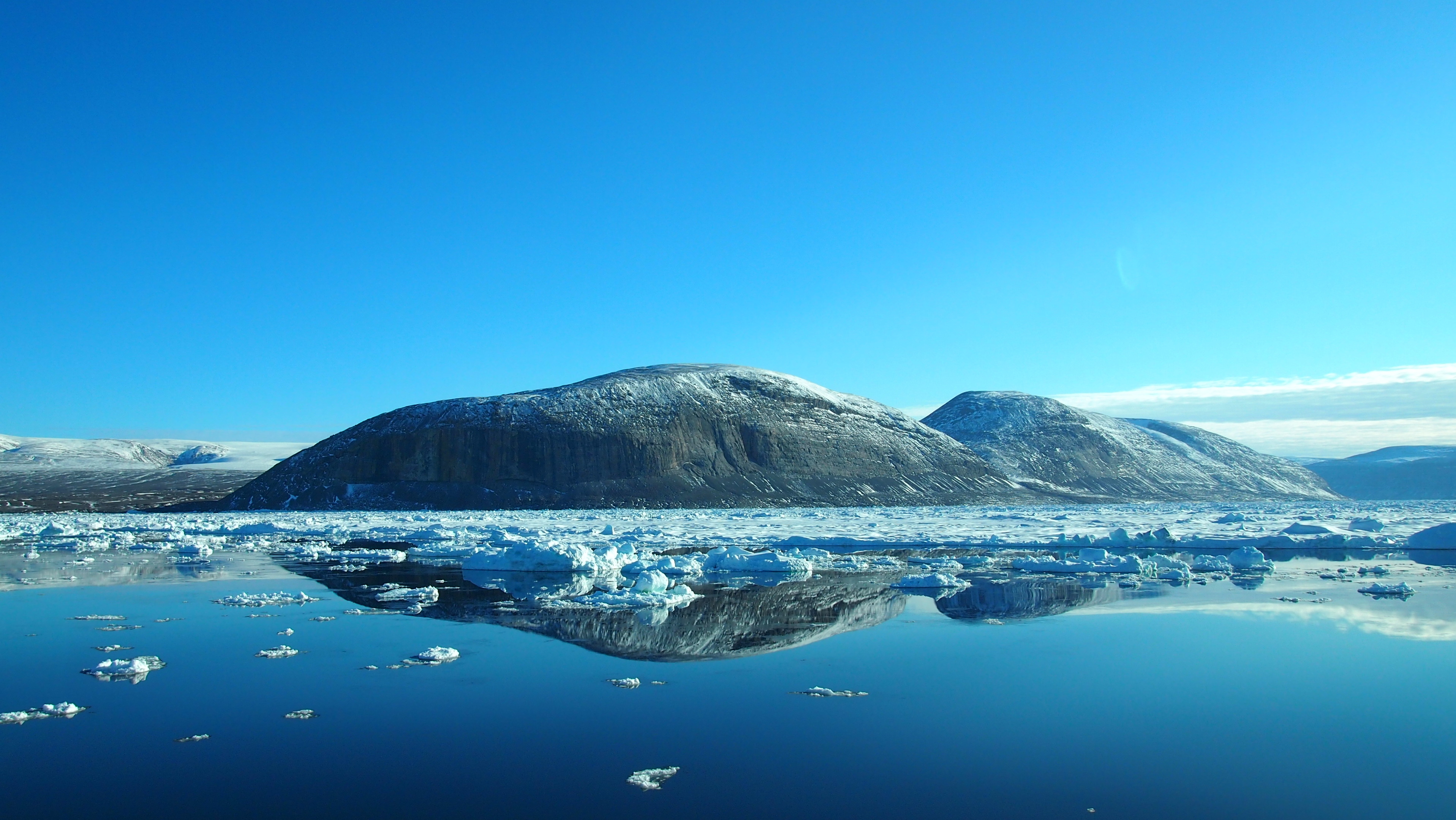Scientists from a north-east university will make a trip to the most northerly part of the globe to investigate the effect melting sea ice is having on local animal life.
Professor Ursula Witte and her team from Aberdeen University will join the Canadian Coastguard icebreaker CCGS Amundsen to carry out the research in the Canadian Arctic.
As part of their experiments, they will add ice algae, labelled with a tracer, to sediment cores.
This then allows researchers to trace the algae through the food chain, revealing which animals depend on them.
The team will also deploy a deep-sea lander system, equipped with cameras and sensors, that will sit at the seafloor under the ice for nine months to observe organisms and collect data. The data will be retrieved next summer.
The retreat of sea ice and loss of ice algae as a food source is thought likely to have a significant impact on deep-sea food chains.
But very little is known about the ecosystems deep under the frozen seas of the arctic.
Prof Witte said the research could help with future exploration for oil and gas.
She said: “This is an extremely exciting project to be involved with as the data we gather will be the first of its kind and is urgently needed to improve our understanding of a rapidly changing system.
“(It will be useful) as baseline for future impact assessments to ensure sustainable exploitation of the resources, as the shrinking ice cover also presents new opportunities for resource exploitation- with potentially further hazardous
consequences for arctic ecosystems and the goods and services they provide.”
Dr Solveig Bourgeois, who will take part in the project, added: “I’m very excited to join an international research cruise of this scale which covers a vast territory from east to west across the Canadian Arctic.
“During the six weeks that I will be on board, I will carry out sediment incubation experiments and I will collect animals from the deep seafloor in the Beaufort Sea and Canadian Arctic Archipelago from where there is particularly little information.
“This is also a great opportunity to reinforce the collaboration with our colleagues from ArcticNet in Canada.”
The study will be funded through a Natural Environment Research Council (NERC) discovery science grant.
